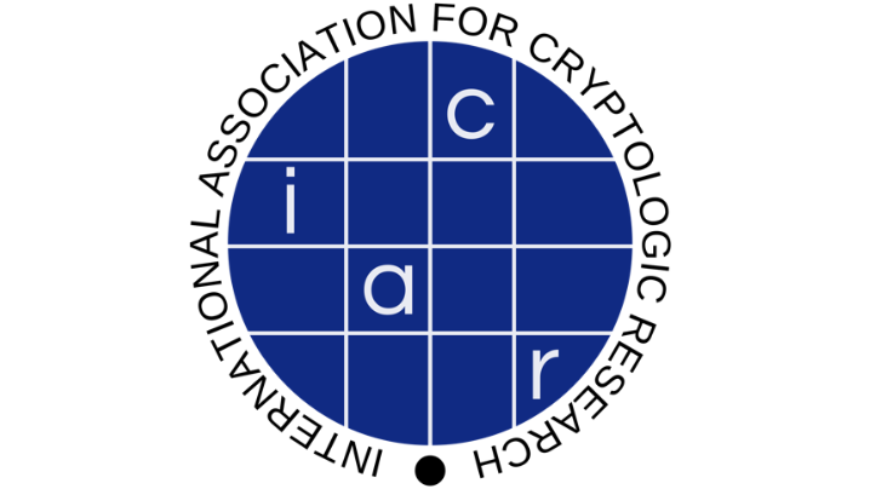New paper accepted at SCN 2022: On the Related-Key Attack Security of Authenticated Encryption Schemes
by Sebastian Faust, Juliane Krämer, Maximilian Orlt, Patrick Struck
2022/09/07

Related-key attacks (RKA) are powerful cryptanalytic attacks, where the adversary can tamper with the secret key of a cryptographic scheme. Since their invention, RKA security has been an important design goal in cryptography, and various works aim at designing cryptographic primitives that offer protection against related-key attacks. At EUROCRYPT'03, Bellare and Kohno introduced the first formal treatment of related-key attacks focusing on pseudorandom functions and permutations. This was later extended to cover other primitives such as signatures and public key encryption schemes, but until now, a comprehensive formal security analysis of authenticated encryption schemes with associated data (AEAD) in the RKA setting has been missing. The main contribution of our work is to close this gap for the relevant class of nonce-based AEAD schemes. To this end, we revisit the common approach to construct AEAD from encryption and message authentication. We extend the traditional security notion of AEAD to the RKA setting and consider an adversary that can tamper with the key and of the underlying encryption and MAC, respectively. We study two security models. In our weak setting, we require that tampering will change both and , while in our strong setting, tampering can be arbitrary, i.e., only one key might be affected. We then study the security of the standard composition methods by analysing the nonce-based AEAD schemes N1 (Encrypt-and-MAC), N2 (Encrypt-then-MAC), and N3 (MAC-then-Encrypt) due to Namprempre, Rogaway, and Shrimpton (EUROCRYPT'03). We show that these schemes are weakly RKA secure, while they can be broken under a strong related-key attack. Finally, based on the N3 construction, we give a novel AEAD scheme that achieves our stronger notion.


